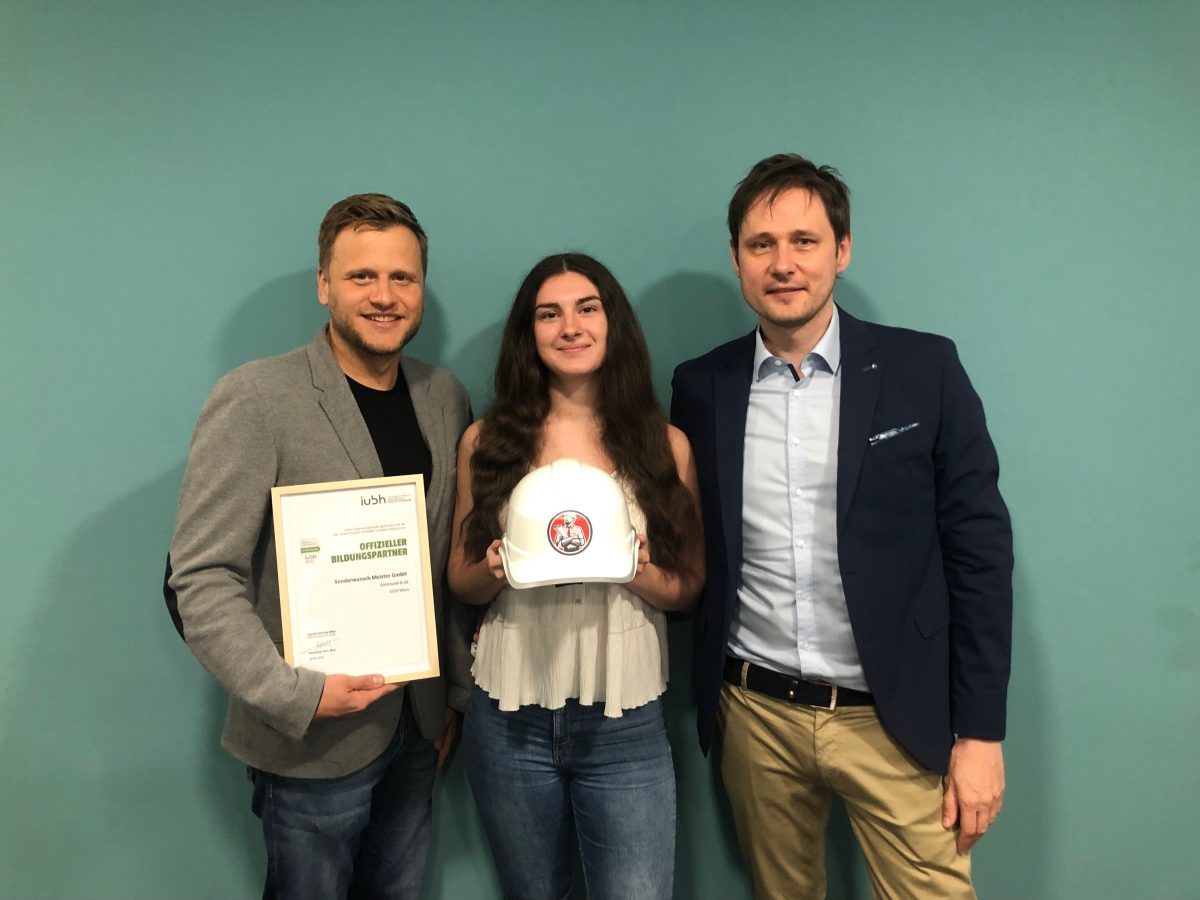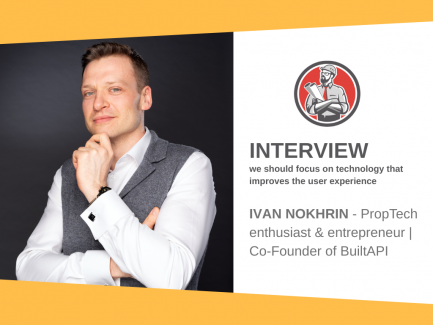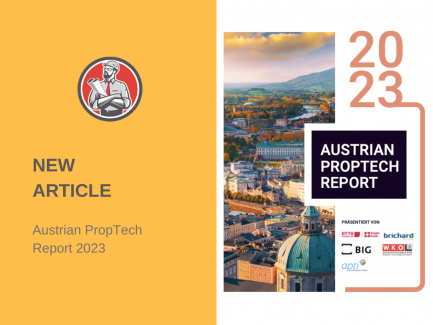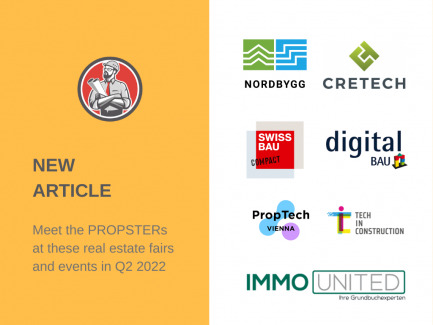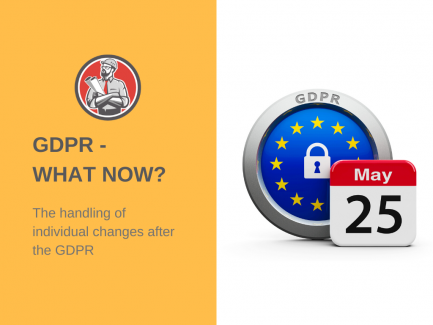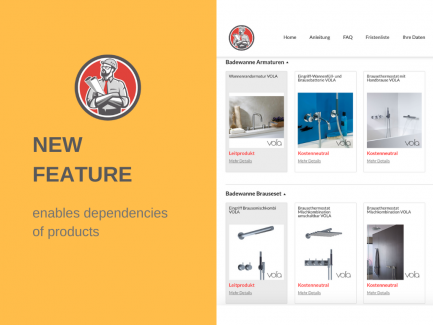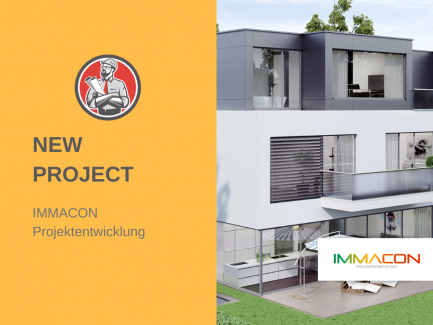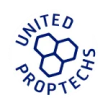Interview with founder/CEO Milan Zahradnik
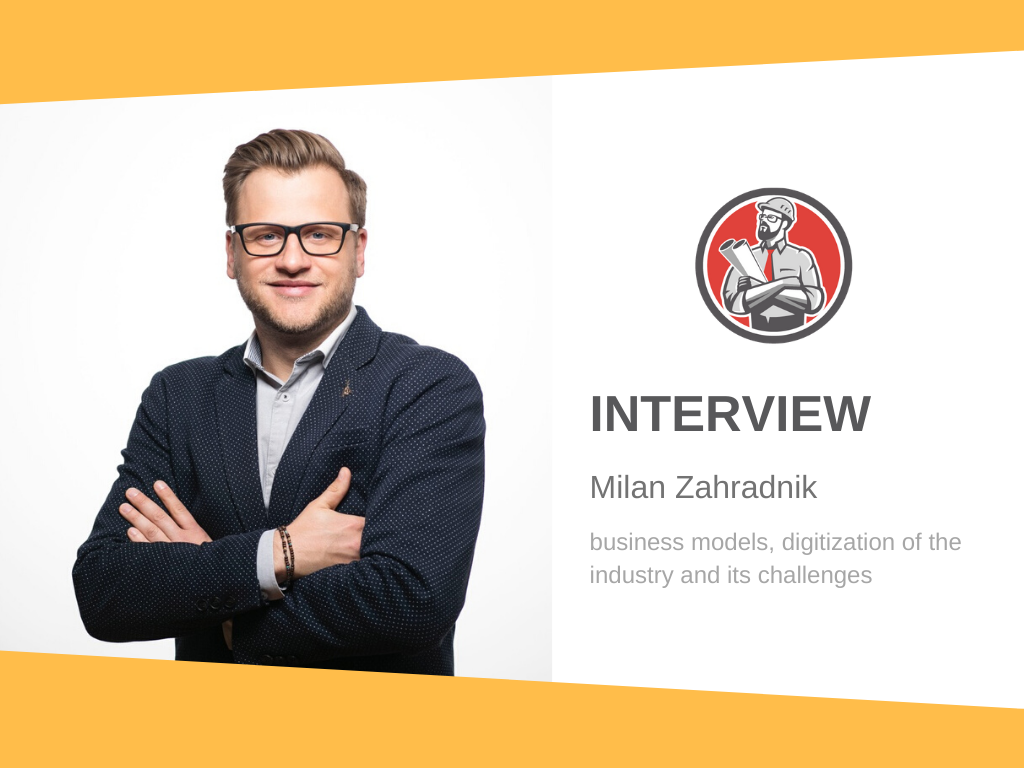
Right and important questions to Milan Zahradnik about business models, digitization of the industry and its challenges
Our youngest team member, Emilia Kinkel, is currently studying “Marketing Management” at the IUBH. Due to the dynamic change between theory and practice, she combines both worlds in the dual study programme, which makes us PROPSTERS, as official education partner, proud. And of course we also see it as our task to actively support her on her way. Therefore our founder and CEO Milan Zahradnik did not hesitate to give an expert interview for an internal project paper. In this interview, our prospective marketing expert asked correct and important questions about business models, the digitalization of the industry and the challenges it faces. Of course we don’t want to keep this from you and therefore we present this informative interview:
The Interview
Emilia Kinkel: Hello Milan! How did you realize at the time that it made sense to expand the business model from a Software-as-a-Service (SaaS) model to a SaaS-enabled marketplace model?
Milan Zahradnik: The market and the customer tell you. It’s also very important that you don’t miss the market, but that you develop together with the market. In our product development we follow a very specific concept. This is called “Lean Development” and means developing your product very close to the customer.
The PROPSTER marketplace and how it works
Emilia Kinkel: What new opportunities has the Marketplace brought so far?
Milan Zahradnik: Cooperations, network effects, both extremely important. Through the Marketplace we can get in touch with cooperation partners who have strong brands and we are taken away by this. A very good example of this is our cooperation with A1. A1 uses our platform to better position their service to customers through various marketing activities. This is again very good for us. Additional income is another possibility but it is also a bit of a lock-in effect.
Strictly speaking, the Marketplace is actually not quite the ideal concept to describe it. We call it that because most people know what to do with the term. At the end of the day, however, it is not an open marketplace, but a closed one. You can’t shop like in an online shop, but you go through an algorithm that puts together products for your project. These are based on parameters that you enter to ensure that you meet the needs of the consumer. After that you have direct access if you don’t need some of the products or want to change products or services.
It’s like Outfittery
Here’s a good comparison: It’s like Outfittery, the clothing online shop for men. You tell them what kind of guy you are and they put together a suitable package for you. We do exactly the same thing. Because the project developer really doesn’t have time to put the products together. His aim is to build the property as cheaply as possible and then sell it as quickly as possible. At the end of the day, he doesn’t even know which floor the customer wants, so he uses the copy and paste method when selecting the package. This is where we come in and create the packages based on the KPIs. At the moment this is all done manually, but in the near future it will be automated.
Here is an example: You answer a number of questions such as address, number of housing units, what percentage should be built sustainably, etc. Based on the answers and the KPIs, you will receive a product and service matrix tailored to your project. As already mentioned, this process is still manual, as we can still test and learn from it. This in turn proves that we develop very close to the market and thus to the needs of our customers. This also entails a certain risk, or rather, poses a certain challenge. After all, you cannot, or should not, accept everything that the market demands. So it is possible to see what really drives the market and the product.
One must constantly reinvent oneself
Emilia Kinkel: Could you imagine a further expansion or even a change in the business model and if so, in which direction?
Milan Zahradnik: In nuances it will constantly evolve, and that’s the way it has to be, because you have to stay up to date. Let’s take a look at the German car industry, for example, which simply failed to focus on electric cars and is now lagging behind. That means you always have to look at your business model, your product and your company in a constructive way and critically deal with it and try to develop it further. Changing a business model is already hardcore. That’s called “pivoting” in start-up business.
If you ever have to pivot, it means that your business model hasn’t really worked at all. We will not suddenly become a furniture online shop. That would actually be such a classic pivot, which would be very extreme. Which could happen however rather: We notice that B2B does not work and turn to B2C, as happened with Roomhero. In the beginning they concentrated on B2C, but then they noticed that it didn’t work and changed their business model to B2B.
In marketing and in communication as well
Emilia Kinkel: Have you had more positive or negative experiences so far with the decision to expand at this early stage of the company?
Milan Zahradnik: Absolutely positive! To be more precise, positive on the one hand, but on the other hand, you are facing other challenges. You quickly realize that your team is too small and you need more people. You don’t immediately make a turnover with it and put resources into product development, which doesn’t mean that everything works at first go. In the end, you have to keep up in marketing and communication as well. That means it’s not that easy and it’s not frictionless. You really have to be aware that this sometimes means real effort. At the end of the day, there’s no way around it because of its great potential.
The crisis is acting as a motor for industry
Emilia Kinkel: Regarding digitization, where does the industry stand, where do we stand and how will it continue?
Milan Zahradnik: Currently Covid-19 shows us that we are at the beginning. But the upcoming digitalization will happen much faster than most people predict. The crisis is acting like a motor for the industry. What was estimated at 10 years ago will now be possible in the next 2 to 3 years. Because people have now realized: “Oh oops, we can’t go on like this, it’s not working”. The crisis has opened the eyes of a lot of people in the industry and lo and behold, it suddenly works. “There were digital tools on the market even before the crisis, so why didn’t we look into it earlier. It’s human nature, something has to fail or something has to burn somewhere to make them react.
Nevertheless, we are still at the beginning but we are talking about the largest economic sector in the world after finance. To digitalize such a complex sector is a mammoth task. There are already many ideas and many pilot projects underway that point in exactly the right direction. Here is a comparison. People are already talking about a delivery service by drones and Covid-19 will encourage this. This will happen much faster than you think because suddenly the “Need” is there. The same thing will happen in the real estate sector. You have to ensure a safe distance on the construction site now, ergo they are allowed to enter less employees. There is the possibility to use robots, but up to now hardly anyone does it because it was not necessary. Now it is obviously being considered. Drones are already being used and also a robot from Boston Dynamics.
So yes, the technology is there and the industry will now get a big boost.
Be very picky with your investors
Emilia Kinkel: What recommendation would you give to other start-up companies?
Milan Zahradnik: It is important to always be self-critical in dealing with the company, to always try to optimize things and to have perseverance. To invest a lot of time in the team, because the team is king and plays an extremely important role. Filling the positions with the right people to get the perfect team chemistry. And another important point because you explicitly mentioned start-ups: “Be very picky with your investors”. Be careful who you bring on board Avoid a crowd of investors, because less is often more.
Better make sure the right ones get on the train, that’s very important. Try to build a profitable business from the beginning. Maybe the investors will tell you that this is not important, but it is not. On the contrary, it is important because otherwise you are always dependent on the investors and you certainly don’t want that. Many start-ups simply fail to think in this direction and fail in the end. At the latest when the investors realize that they can’t sell it for several 100 million, they want to make it a profitable company. Whoever has failed to keep an eye on it from the beginning will have a hard time, very hard indeed.

